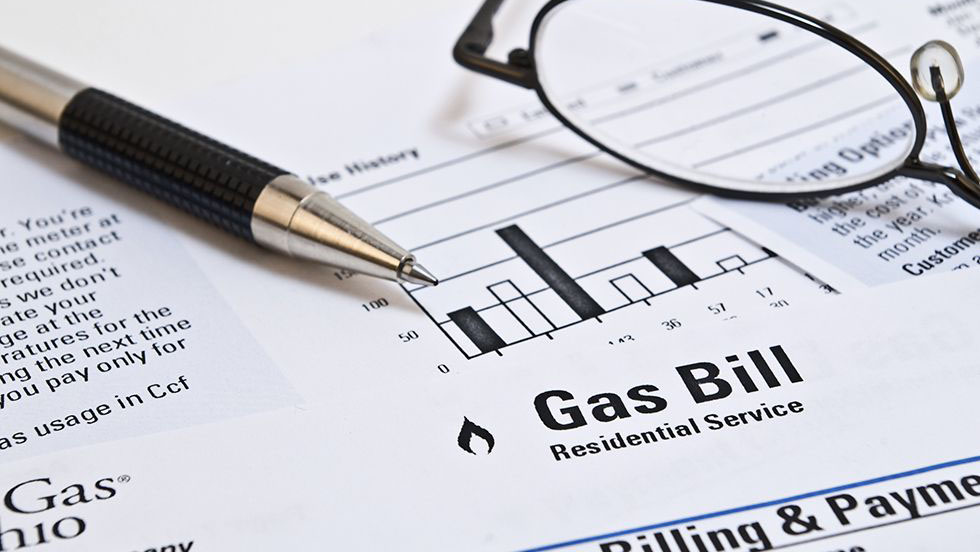Limescale increases your energy bills –here's why
When thinking about the energy efficiency of your home, the hardness of your water may not be at the top of your list; here's why it should be

Get small space home decor ideas, celeb inspiration, DIY tips and more, straight to your inbox!
You are now subscribed
Your newsletter sign-up was successful
If you're trying to reduce your energy bills, you've probably spent a lot of time researching the costs of home insulation or perhaps getting a smart thermostat. But did you know that if you live in a hard-water area you will be paying more for your energy if you don't take steps to soften it?
Most people are aware of the detrimental effects of limescale on washing machines and kettles, and there are effective cleaning agents that are used in order to clean these appliances of limescale. However, what not many people realize is that limescale also builds up in your boiler's heating element, your hot water pipes and even in in your hot water heaters, making your entire home heating system run less efficiently.
What is limescale and why is it a problem?
Limescale is quite simply a physical deposit of minerals that are commonly present in hard water. The main culprit is calcium carbonate. although different hard water areas may also have large quantities of magnesium or iron. Over time, these mineral deposits form a thick, hard layer on top of objects that come into contact with the water and – crucially – heat. That's why limescale builds up on your washing machine heating element first and foremost; the same can happen to the heating element of your boiler, the inside of your hot water pipes, and inside your hot water home heaters.
The main problem with limescale is that this buildup acts as a physical barrier or insulator, making your boiler and entire heating system work harder – that is, using up more gas in order to heat your pipes to the same desired temperature.
How do I know if I live in a hard water area?
If you live in the U.S., you more likely than not live in an area with hard water – in fact, 85 percent of Americans live in a hard water area, with the worst areas in the country for water hardness located in Las Vegas, Tampa, Indianapolis, Phoenix, San Antonio, and Minneapolis. If you're not sure, though, you can consult the EPA (Environmental Protection Agency) to find out.
In the UK, most of the South East England has hard water, as do some areas of Norther England. Scotland mostly has soft water. If you're not sure what type of water your area has, consult your local council.
How much can I save by softening my water?
This may come as a shock, but hard water can add 28 percent onto your annual gas bill, according to Harvey Water Softeners. Considering that the average US household spends over $2,000 on their bills a year (over £1,000 in the UK), this is a huge increase just because of some extra calcium in your water! Limescale reduces heating efficiency by 12 percent over a year, which can lead to blocked pipes and a broken boiler, which will cost even more to repair or replace.
Get small space home decor ideas, celeb inspiration, DIY tips and more, straight to your inbox!
Soft water is not just nicer to drink or bathe in – it can actually save you money. And while water softening systems aren't cheap to begin with, they do more than recoup the cost in energy savings.
Anna is a professional writer with many years of experience. She has a passion for contemporary home decor and gardening. She covers a range of topics, from practical advice to interior and garden design.